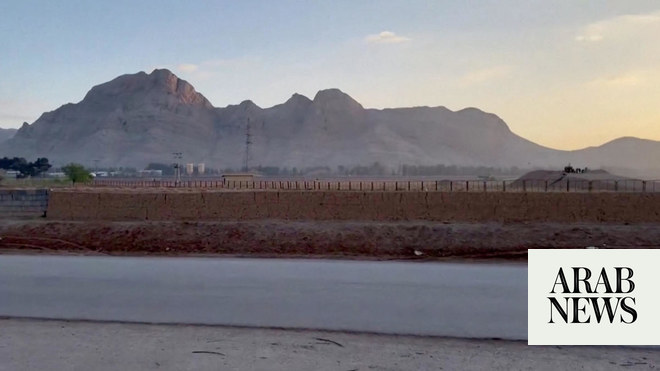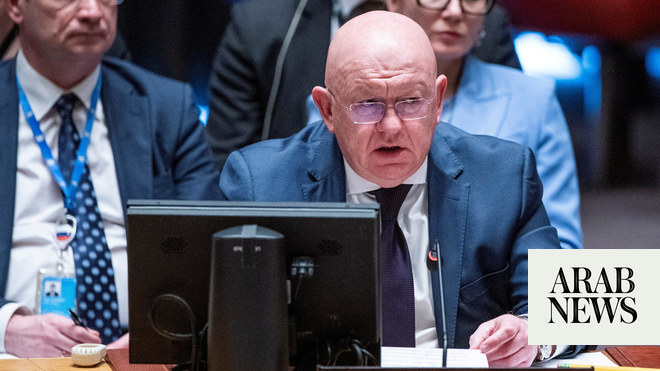
The Iranian leaders have become extremely desperate both economically and geopolitically as the US continues to tighten the screws on Tehran’s major sources of revenue.
Several US sanctions on the Iranian regime — including the latest targeting Supreme Leader Ali Khamenei, the designation of the Islamic Revolutionary Guard Corps (IRGC) as a terrorist organization, and the reimposition of primary and secondary sanctions on Iran’s banking, financial, shipping and energy sectors — are exerting an unprecedented level of pressure on the Islamic Republic.
Even President Hassan Rouhani has admittedthat the regime is encountering its worst economic crisis since its establishment in 1979. Iran’s national currency, the rial, has droppedto historic lows: One US dollar, which equaled approximately 35,000 rials in November 2017, can now buy you nearly 130,000 rials.
Iran’s oil revenues and exports continue to decline. Before the US pulled out of the nuclear deal and began taking a tougher stance toward the ruling clerics, Iran was exportingmore than 2.5 million barrels per day (bpd). Its oil exports have since droppedto 300,000 bpd or less, according to Reuters. Refinitiv Eikon data suggests that Iran is exporting about 240,000 bpd, which represents a decline of more than 90 percent.
Domestic pressure also continues to rise due to the increasing rate of unemployment, high inflation, soaring prices, officials’ widespread financial and political corruption, economic mismanagement, human rights violations, detentions and imprisonments, and the lack of freedom of speech, press and assembly.
Meanwhile, the Iranian regime is feeling the pressure outside of its borders. Accordingto reports, the US sanctions have caused Tehran to cut its funding to militias and allies. Iran’s militants are not getting their salaries and benefits, making it extremely difficult for them to continue fighting and destabilizing the region. One militant fighting with an Iranian-backed militia in Syria told the New York Times in March: “The golden days are gone and will never return. Iran doesn’t have enough money to give us.”
Iranian proxy Hezbollah is feeling the pressure of sanctions so much that its leader, Hassan Nasrallah, has calledon his group’s fundraising arm to “provide the opportunity for jihad with money and also to help with this ongoing battle.”
In addition, the Iranians cannot support the Syrian regime of Bashar Assad as they used to.
From the regime’s perspective, the only path that can ensure its survival is to obtain nuclear weapons.
Dr. Majid Rafizadeh
More importantly, the Iranian leaders have finally come to the realization that the international community, particularly the EU, is incapable of shielding it from the US sanctions.
The EU’s mechanism for avoiding sanctions, the Instrument in Support of Trade Exchanges (Instex), has proven to be futile when it comes to generating revenue for Tehran. This is due to the fact that Instex is only dealing with pharmaceuticals, medical devices and food products, while Iran’s main revenues come from the energy sector, notably the export of oil and gas.
In addition, European firms and corporations are generally not willing to deal with Iran because they would run the risk of being sanctioned and losing their business with the US. The American sanctions are applicable to non-US citizens and entities, as the Treasury Department previously stipulated: “Non-US, non-Iranian persons are advised to use these time periods to wind down their activities with or involving Iran that will become sanctionable at the end of the applicable wind-down period.” That is why the conservative Iranian newspaper Javan wrote: “Instex, another ‘almost nothing’ for Iran.”
The hard-line members of the country’s Majlis (parliament) have consequently bashed Rouhani and his administration. Amir-Hossein Ghazizadeh Hashemi, a member of the Majlis presiding board, statedthat Instex is a disgrace. “It is not clear until when the administration wants to continue this disgrace,” he said.
Iran’s new approach to Europe can be seen with the IRGC’s apparent attempt to impedea British oil tanker in the Strait of Hormuz this week.
Considering all this pressure, the Iranian regime feels that its hold on power is in grave danger. From the regime’s perspective, the only path that can ensure its survival is to obtain nuclear weapons.
In fact, Khamenei has, in the past, clearly expressedthat countries that give up their nuclear programs are irrational. Khamenei, who has the final say on major matters of state, blamed Libya’s Muammar Qaddafi for giving up his nuclear program, pointing out that Qaddafi’s decision was the paramount factor in his eventual overthrow. He said after Qaddafi’s fall that the deposed dictator had “wrapped up all his nuclear facilities, packed them on a ship and delivered them to the West and said, ‘Take them’.”
As a result, Iranian leaders have long viewed North Korea as a real example of how and why a country must possess nuclear weapons — not only as a deterrent against “enemies,” but also as a powerful tool to help pursue the country’s hegemonic ambitions. The Iranian regime has thus confirmed that it is increasing uranium enrichment beyond the limits set by the 2015 nuclear deal.
In a nutshell, as the Iranian regime feels that its hold on power is in danger, it is speeding up its efforts to obtain nuclear weapons. This is to ensure the survival of its theocratic establishment and the export of its revolutionary and fundamentalist ideals.












